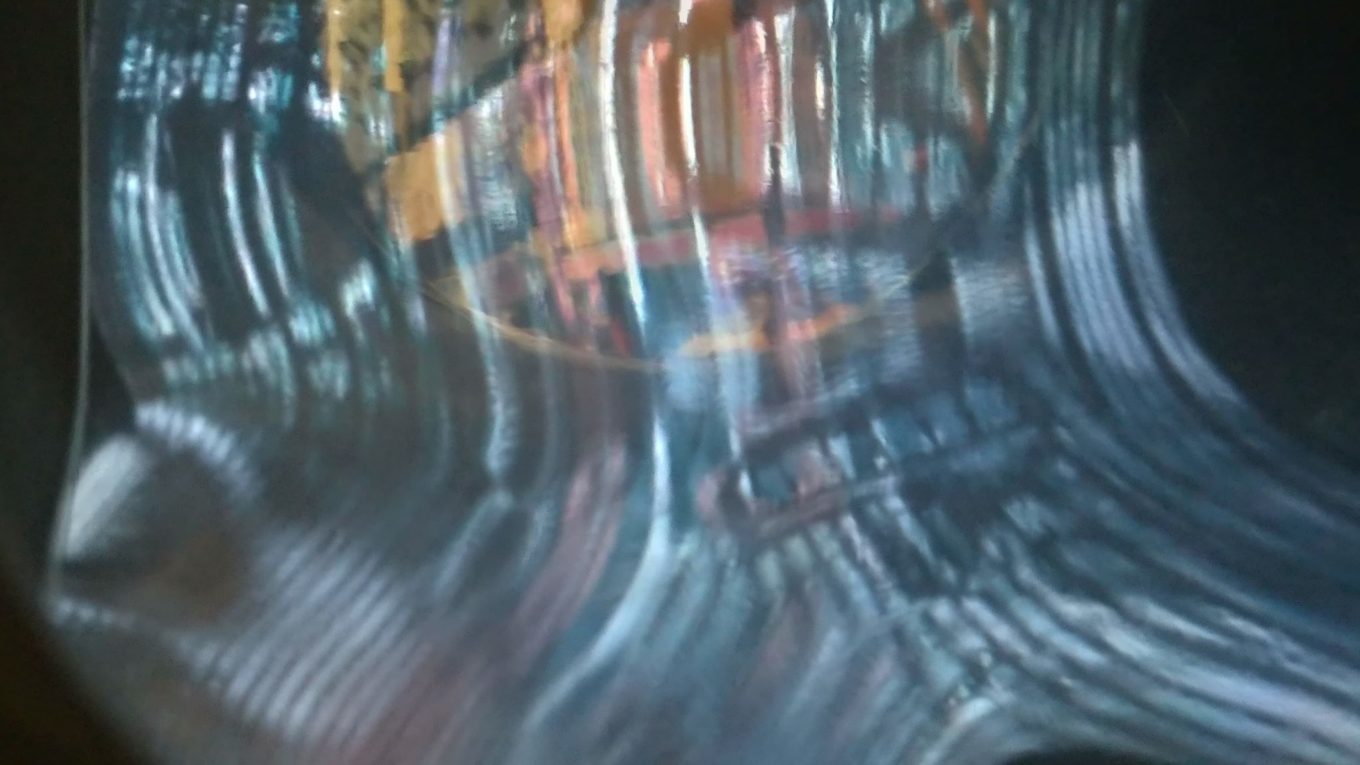Wu Shi-Fong: Experimental Theater
10 episodes in total (Duration: 15 minutes per episode. Includes interviews regarding the 120 Grassroots Self-Autonomous Zone, the Culture Basic Law, and irregular interviews about cultural events)
Organization/Post-production: Experimental Theater Committee
Mediator:Wu Shi-Fong
If you have an online stream program, where should you begin talking about it? I spent many days thinking about it. It really began a year or so ago when I suddenly thought of a question that I couldn’t stop thinking about! In the present, what is fringe, what’s alternative, and what’s non-mainstream? It’s become so muddled, so how are we supposed to talk about fringe art or experimental art?
On the other hand, if alienation refers to a set of relations which has become estranged, German philosopher Rahel Jaeggi has formulated a new understanding of alienation as a “relation of relationlessness.” If that is so, how are artists to confront ever-expanding global flows, and a malevolent age in which neoliberalism continuously gives rise to conservative art?
Experimental Theateronly wishes to begin from the following question: “How should the process of creation confront (new) alienation?” In each episode, the program interviews a different creator, beginning from the movement from despair to hope in the process of creation, exploring the contemporary meaning of “fringe” and “experimental”.
Wu Shi-Fong
Wu Shi-Fong stumbled into theater work entirely by accident. Ten years ago, he moved from Taipei to the countryside of eastern Taiwan.In the theater, he primarily works on writing, editing, as well as production and planning. He serves as the assistant editor-in-chief for the Performing Arts Forumin Macau, the literary editor of the Approaching Theater, writes a column for UDN Opinions,and as the joint planner of the Common Education Lecture. In the past, he worked with the Oz Theater Company, Step Out (Macau), and with the Approaching Theater, as the editor-in-chief of the program. He hopes to allow the publication to become more than just a means of promotion, but to expand the space for writing and dialogue.
Works he has helped plan in the past two years have included “Critical Point Theater and the Era of Its Experience: Common Education Lecture 03” (2017). “‘Commons’ and their Practice: Discussion on Theater and Society” (2017). Production works have included the Second Waterfield Studio Performance Art Festival (2018), Blacklist Production’s “The Hermeneutics of Hamletmachine: Concept Theater Film Plan (First stage),” and the second Returning to the Island of the South: Performance Art Festival (2017), etc.

